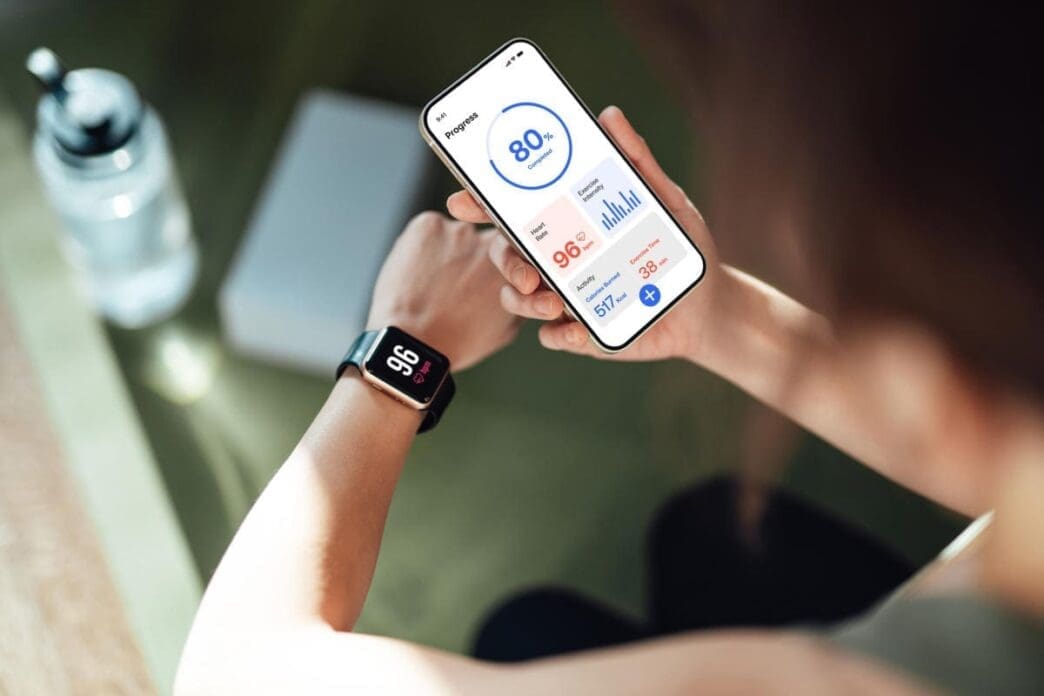Have you noticed the influx of tech-savvy gym-goers lately? Fitness trackers, once a luxury in specialized labs, are now mainstream. With a market projected to hit $62 billion, it’s high time to question: are these gadgets worth the hype?
Early fitness devices like pedometers were simple, counting steps and monitoring heart rate. Now, they’re sophisticated, tracking everything from sleep patterns to fertility metrics. So, do they genuinely improve fitness, or add to data overload? Experts say, while they can be beneficial, they’re not a magic solution to fitness problems.
A fitness tracker, worn or held, measures step count, calories, distance, heart rate, and more. Some like smartwatches even display notifications and GPS data. Depending on the price, you get varying features. However, a subscription fee might be an additional expense.
The charm of fitness trackers lies in their ability to create accountability. Millica McDowell, a VP at Gait Happens, describes them as a workout buddy, helping users stay honest with their health choices. Sara Swaneck, in her fitness journey, found them motivating and helpful in tracking sleep and stress.
They offer a way to visualize progress, serving as a feedback loop to see if workouts are effective. Ashley Selman from Evolution Trainers emphasizes the value in monitoring trends over time. Some trackers even provide personalized training insights based on collected data, guiding healthier habits.
On the flip side, these trackers aren’t perfect. Inaccuracies can occur, particularly with calories burned and sleep data. More than that, they don’t account for comprehensive fitness factors like muscle mass, crucial for metabolism and glucose storage, often leaving gaps in the user’s health picture.
These devices can also bombard you with endless data, which can be distracting without clear goals. Therefore, they work best when paired with a specific goal and a structured plan, avoiding a fixation on real-time stats.
Deciding if a fitness tracker suits you depends on how much you value the data and your lifestyle preferences. If monitoring daily activity and rest enhances your routine, then it might be a good fit. But, if you’re prone to anxiety over numbers, it might be best to take a more chill approach.
Choosing the right tracker involves a careful assessment of your goals and which features align with them. It’s worth considering your budget because more expensive doesn’t always mean better for your needs. Some people might find a basic pedometer sufficient; others might prefer all the features of a smartwatch.
Deciding on a fitness tracker ultimately boils down to personal preference and specific health goals. They’re a potent tool for some, but not a one-size-fits-all solution. Whether you embrace this wearable tech or opt for traditional methods, the key is to do what’s best for your health journey.
Source: Yahoo







